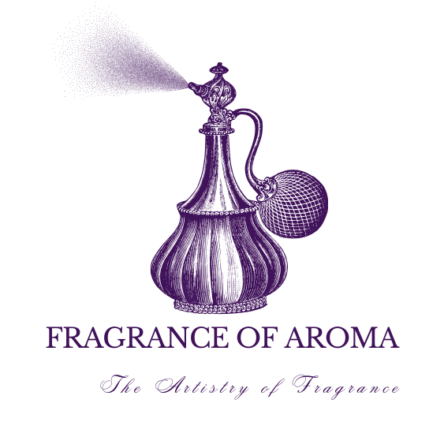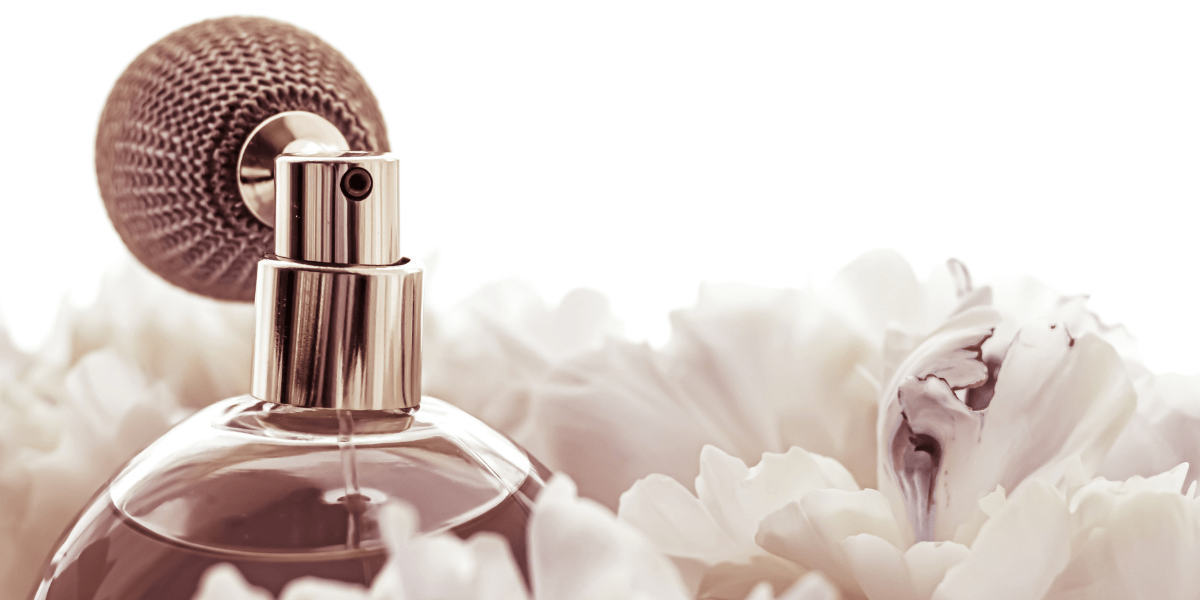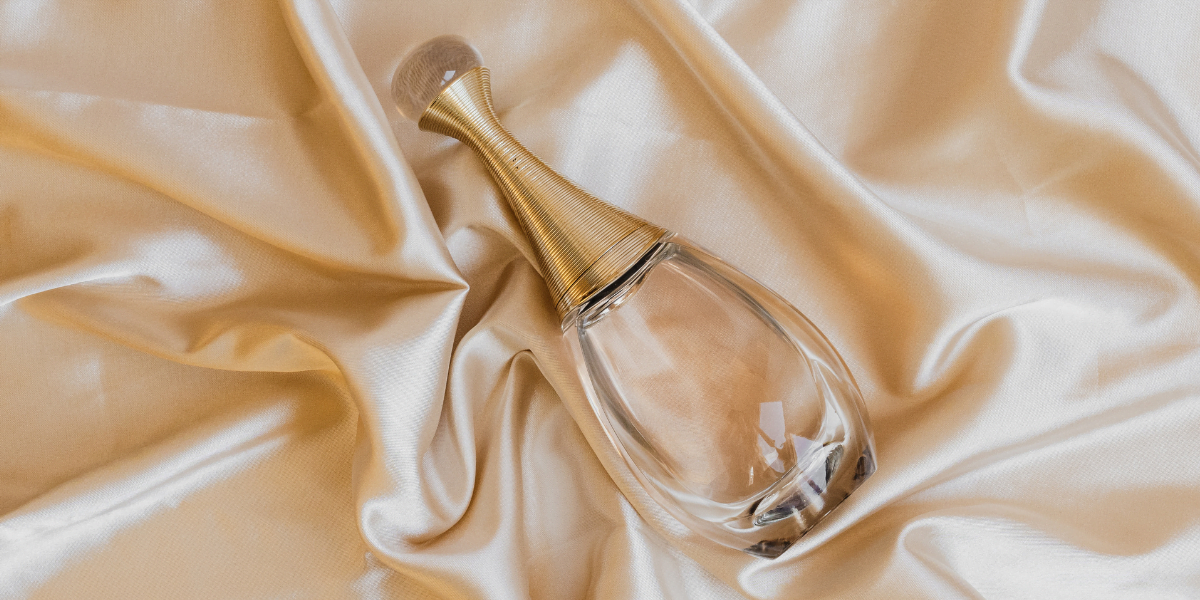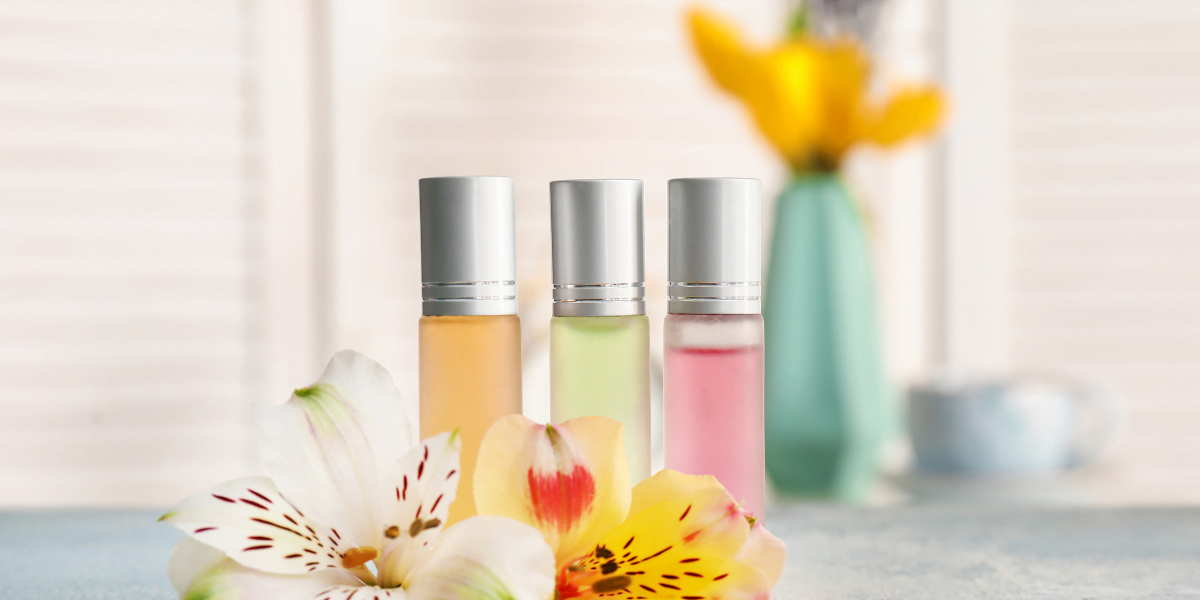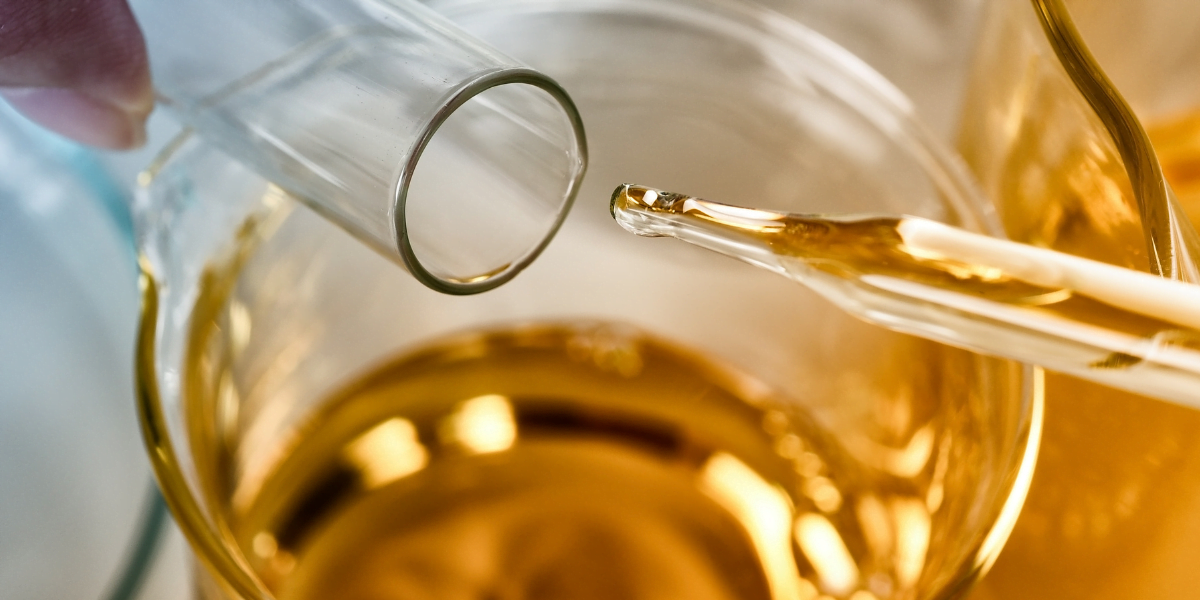Have you ever wondered about the intricate and fascinating world of scent and aroma? From the sweet smell of a spring garden to the intoxicating allure of a musky perfume, the olfactory experiences in our everyday lives greatly influence our emotions, memories, and even behavior. In this blog post, we’ll delve into the complex and multifaceted world of fragrance, the science behind smell, and the varied dimensions of olfactory experiences. You will learn about the intriguing psychology of scent, the potent power of aroma on our mood and well-being, and how to fully appreciate and understand the incredible sensory journey of olfaction. So, sit back, take a deep breath, and let’s embark on a remarkable exploration of the world of fragrance and scent.
Historical Perspectives
Before we dive into the modern world of fragrances, it’s important to understand the historical significance of scent and fragrance. The use of fragrant materials for religious, medicinal, and cosmetic purposes can be traced back to ancient civilizations such as Mesopotamia, Egypt, China, and India.
The Evolution of Fragrance Use
The use of fragrances has evolved significantly over time. In ancient civilizations, fragrances were primarily used for religious rituals and as offerings to the gods. As societies and cultures developed, the use of fragrances expanded to include personal adornment and hygiene. The trade routes expanded, bringing exotic spices and aromatic substances from distant lands, further enriching the olfactory experiences.
Cultural Significance Across Civilizations
Fragrances have played a significant role in shaping the cultural identities of civilizations throughout history. In many cultures, the use of certain fragrances was reserved for royalty and the elite, serving as a symbol of power and status. In others, fragrances were used for their medicinal properties and as a means of purification. The use of fragrances in rituals and ceremonies was also common across various civilizations, with specific scents being associated with specific deities and spiritual practices. In conclusion, the historical perspectives of fragrance reveal the deep and intricate relationship between humans and their olfactory experiences. The use of fragrances has evolved over time, shaping cultural identities and serving various purposes. From religious rituals to personal adornment, fragrances have found a special place in the hearts and minds of people across civilizations. Understanding the historical significance of fragrances allows you to appreciate the rich tapestry of olfactory experiences that have been woven throughout the ages.
The Science Behind Olfaction
One of the most powerful senses you possess is your sense of smell. The ability to detect and interpret odors is made possible by your olfactory system, a complex network of receptors and neural pathways that allow you to perceive the world through scent. Understanding the science behind olfaction can provide you with valuable insights into the way your sense of smell works and how it influences your overall sensory experience.
Understanding the Olfactory System
Your olfactory system is a sophisticated network of specialized cells and neurons located in the nasal cavity. When you inhale, airborne molecules carrying scent enter your nasal passages and come into contact with the olfactory epithelium, where olfactory receptor neurons are located. These specialized cells send signals to your brain, specifically, the olfactory bulb, which processes the information and helps you identify and interpret different scents. This intricate process allows you to perceive a wide range of odors and distinguish between them with remarkable precision.
The Chemistry of Scents and Aromas
When you encounter a particular fragrance or aroma, what you are actually experiencing is the result of complex chemical interactions. The molecules that make up a scent have specific shapes and properties that determine how they interact with your olfactory receptors. Upon inhalation, these molecules bind to the receptors in your nasal passages, triggering a series of biochemical responses that ultimately result in the perception of a particular scent. The diversity of scents and aromas you encounter is a result of the countless chemical compounds that create unique olfactory experiences, ranging from pleasant and invigorating to powerful and even dangerous.
The Fragrance Industry Today
Your sense of smell is one of the most powerful senses you have and the fragrance industry is constantly evolving to cater to its complexities. The global fragrance industry is a multi-billion dollar market that continues to grow year after year. The industry is driven by new technological advancements, changing consumer preferences, and a growing awareness of the impact of fragrance on our well-being.
Creation and Composition of Fragrances
The creation and composition of fragrances is a complex and intricate process that involves the expertise of master perfumers, scientists, and fragrance evaluators. Fragrances are meticulously crafted using a combination of natural and synthetic ingredients to create unique scent profiles. The composition of a fragrance is carefully curated to ensure that it not only smells pleasant but also has a lasting and impactful effect on the wearer. It is important to note that some fragrances may contain allergens or potentially harmful chemicals, so it is essential to be mindful of the ingredients in the fragrances you choose.
Market Trends and Consumer Preferences
The fragrance industry is heavily influenced by market trends and consumer preferences. In recent years, there has been a shift towards clean, natural, and sustainable fragrances as consumers become more conscious of the environmental and health implications of their scent choices. Brands are also exploring new scent combinations and innovative packaging to capture the attention of a diverse consumer base. Additionally, the rise of niche fragrance houses and personalized fragrance experiences is reshaping the landscape of the industry, offering consumers more options to express their individuality through scent.
The Psychological and Health Aspects of Scents
Not only do scents have the power to evoke memories and emotions, but they also have a significant impact on your psychological and physical well-being. The effects of different fragrances on your mood, memory, and overall health are worth exploring.
Aromatherapy and Well-being
Aromatherapy, the practice of using essential oils to promote overall well-being, has gained popularity in recent years. The use of certain scents can have a calming effect on your mind and body, reducing stress and anxiety. Research has shown that lavender and chamomile scents, for example, can help improve your quality of sleep and reduce insomnia. Additionally, scents like peppermint and eucalyptus can aid in relieving headaches and sinus congestion. Incorporating aromatherapy into your daily routine can have significant benefits for your overall health and well-being.
The Impact of Scent on Mood and Memory
The power of scent can also have a profound impact on your mood and memory. Certain fragrances can evoke specific emotions and memories, influencing your overall mental state. For instance, the scent of citrus can be invigorating and uplifting, while vanilla can have a calming effect. Scented environments can also have a significant impact on memory, as certain smells can trigger vivid recollections. By paying attention to the scents you surround yourself with, you can effectively enhance your mood and boost your memory retention.
The Varied Dimensions of Olfactory Experiences
The exploration of fragrance, aroma, and scent has revealed the complex and intriguing nature of olfactory experiences. As you have learned, the sensory perception of smell is not limited to just one dimension but rather involves a combination of factors such as memory, emotion, and cultural influences. Understanding the nuances of olfactory experiences can enhance your appreciation and enjoyment of scents, as well as provide insight into the profound impact they have on our daily lives. By decoding the varied dimensions of smell, you can gain a deeper understanding of how it shapes our experiences and contributes to our overall well-being. As you continue to explore the world of fragrance, aroma, and scent, remember that the olfactory sense holds a multitude of dimensions waiting to be deciphered and appreciated.
FAQ
Q: What is the difference between fragrance, aroma, and scent?
A: Fragrance, aroma, and scent are often used interchangeably, but they have distinct meanings. Fragrance refers to a pleasant or sweet smell, often created artificially for use in perfumes, colognes, and other products. Aroma is a distinctive, pleasant smell, especially one that adds to the overall flavor of food or drink. The scent is a characteristic smell, especially one that is agreeable. While all three terms refer to the olfactory experience, their specific nuances differentiate them.
Q: How do fragrances, aromas, and scents affect our emotions and memories?
A: Our sense of smell is closely linked to our emotions and memories. Certain fragrances, aromas, and scents have the power to evoke specific emotions and trigger memories. For example, the smell of freshly baked cookies may evoke feelings of comfort and nostalgia, while the scent of lavender may induce relaxation. This connection between our olfactory experiences and our emotional and memory responses is a complex and fascinating aspect of human psychology.
Q: Can fragrances, aromas, and scents impact our well-being and health?
A: There is evidence to suggest that certain fragrances, aromas, and scents can have a positive impact on our well-being and health. Aromatherapy, for example, utilizes the natural fragrances of essential oils to promote relaxation, alleviate stress, and improve overall mood. Additionally, some scents have been found to have soothing effects and may even contribute to better sleep quality. However, it’s important to note that individual responses to fragrances can vary, and some people may be sensitive to certain scents. As with any aspect of health and well-being, it’s advisable to consult with a healthcare professional before using fragrances for therapeutic purposes.
